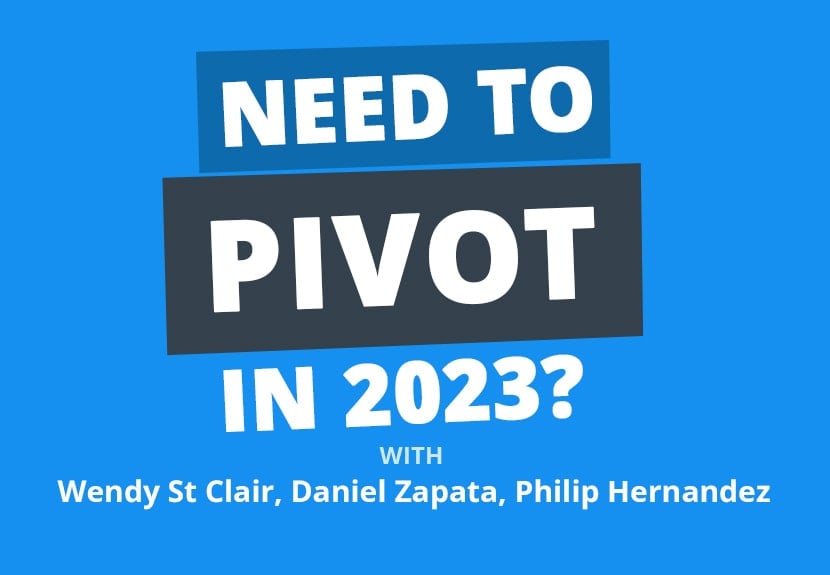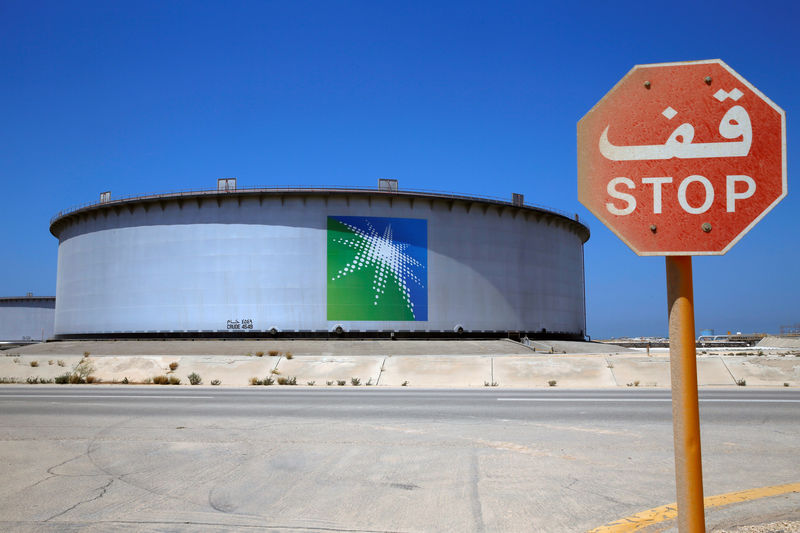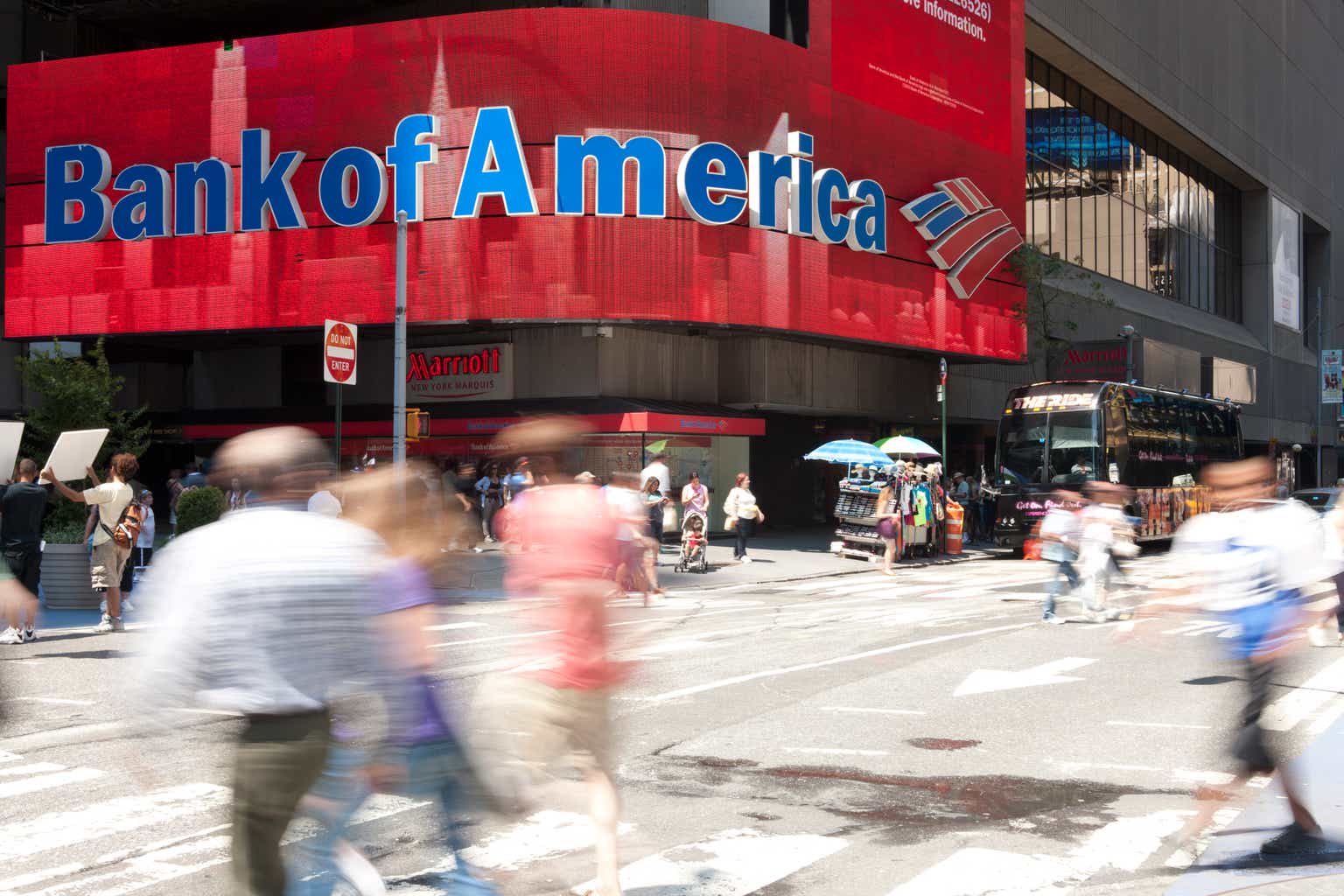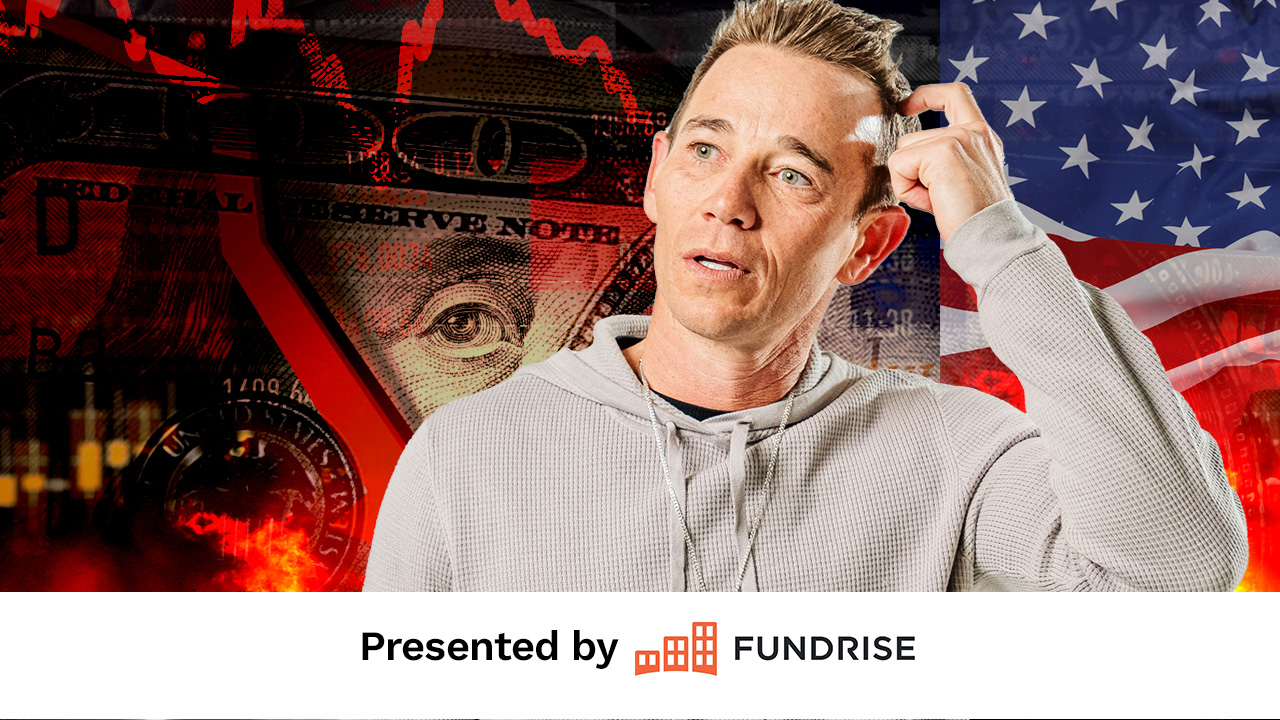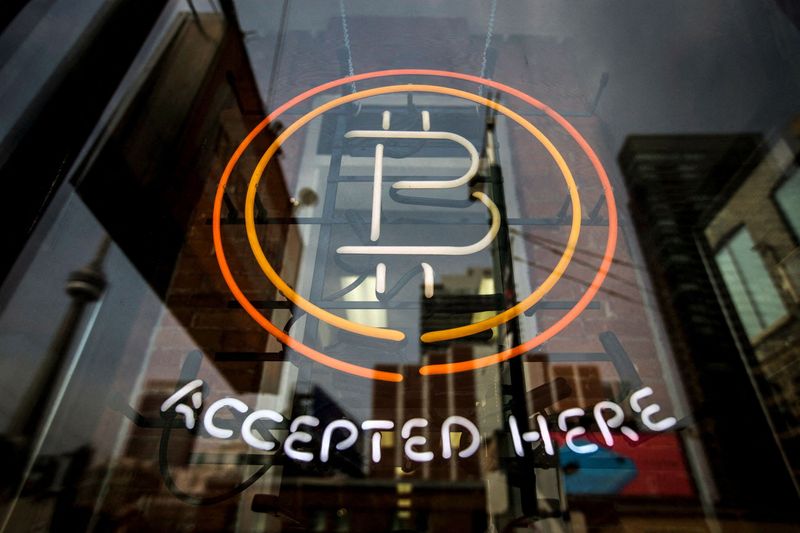Sanjiv Mehta is passing on the baton at Hindustan Unilever Ltd (HUL) to Rohit Jawa, another Unilever veteran, who has served in various capacities all over the world. Jawa has big shoes to fill, but his track record and the goodwill he enjoys from fellow professionals suggest he will thrive in the role.
Mehta is a tough act to follow. He took over as managing director and CEO in October 2013, at the relatively young age of 52. Jawa begins his tenure at 56. He started his career outside the Lever ecosystem and was part of the leadership team at Union Carbide when the world’s biggest industrial disaster took place in Bhopal in 1984.
That crisis-management skill must have equipped him to handle subsequent crises at the helm of India’s biggest fast-moving consumer goods (FMCG) company. Demonetisation in November 2016 certainly caused a crisis for the Indian economy as people suddenly found themselves bereft of liquidity. No company could put money in the hands of consumers, but they could ease the pain in the distribution chain. HUL managed that better than most.
In July 2017, India transitioned to the Goods and Services Tax. A change of tax regime need not signal a crisis, but in India we have the ability to create crises out of thin air. The handling of inventories already out in the system when the transition to GST commenced was one that the FMCG giant handled admirably, given the millions of stock keeping units (SKUs) on which it had to change the labelling.
However, the anti-profiteering division of the government’s GST administration came down on the company, accusing it of not passing on to the end consumer the savings secured via the avoidance of cascading tax on tax in the supply chain that GST enabled.
Dealing with regulators and the tax authorities is, of course, one of the tasks of a corporate leader. Suave Sanjiv Mehta was good at that. Then he had to endure the pandemic and its disruptions. To his credit, the company remained robust on his watch. Turnover crossed ₹50,000 crore and the company’s market capitalisation more than quadrupled to $75 billion, making HUL more valuable than many global FMCG majors.
A Harvard management graduate, Mehta has devised many strategies to help HUL thrive in India. One is what he calls ‘Winning in Many Indias’. In his public comments, he has chosen to describe this strategy as one that is hard to replicate.
This may not be for the incoming MD and CEO what a red rag is to a bull, but it certainly is a challenge. Rohit Jawa is a relative stranger to the Indian media, having toiled his way up the senior Unilever ranks mostly outside the country after joining the company as a management trainee in 1988.
But Gopal Vittal, one of the seniormost HUL executives before he joined Bharti Airtel as CEO, has good words for Jawa. He has worked in India, Vietnam, Thailand, Singapore, the Philippines, Indonesia and China with a broad experience across home care, personal care and food sectors. He was chairman of Unilever China. He is currently head of transformation for Unilever in London, with experience in digitisation.
Mehta had growth going for him. India’s per-capita income rose 60% in dollar terms during his stint and the country jumped from the low-income bracket to middle-income (albeit at the low end of this range). This is a huge positive for consumer goods, with goods like packaged foods suddenly taking off.
Jawa is likely to be favoured by rapid urbanisation and greater concentration of purchasing power, both geographically and social segment-wise. This would permit a largish segment to evolve demand patterns resembling those of rich countries, even as the ‘many Indias’ that Mehta has been bent on winning over remain consumers to be wooed.
While online sales were expected to dilute the advantage that entrenched players like HUL had in terms of an extensive distribution network, it has not played out as expected so far. But then, the share of online sales in overall retail sales has remained low. This could change with the growth of not just Amazon, Flipkart and Reliance but also new entrants, including the government-sponsored Open Network for Digital Commerce (ONDC).
A new arms race in robotics and artificial intelligence, enabled by 5G communications, will play out in retail and other sectors. Jawa’s experience thinking about transformation and digitisation should help him deal with these new challenges.
The well-thought-out, planned succession from within the Unilever universe, announced four months ahead of the transition, sets a good example not just for other companies but also the government, which struggles to identify a successor sometimes even four months after a key player has left office.
Download The Mint News App to get Daily Market Updates.
More
Less







